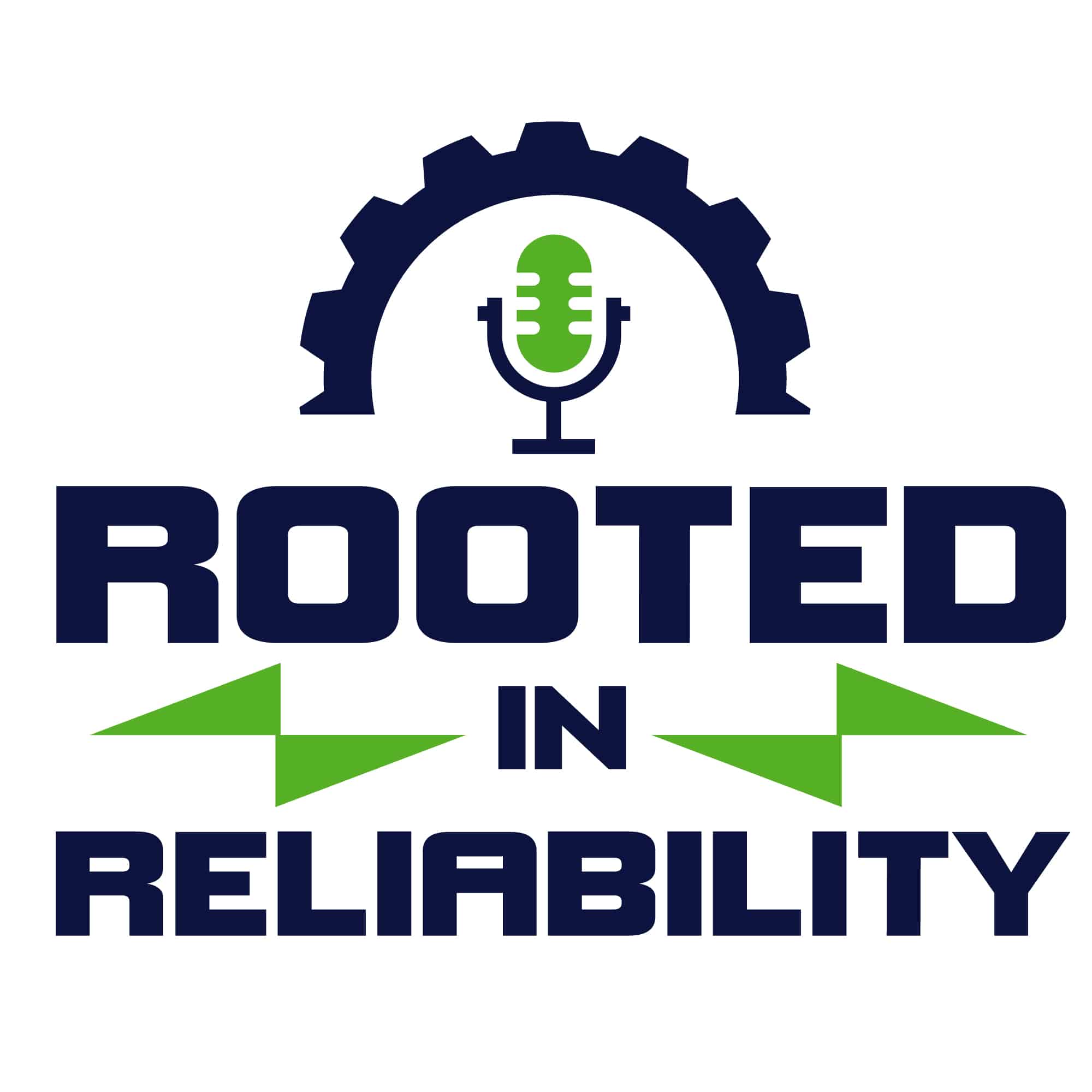Using Reliability Software with Fred Schenkelberg
When it comes to reliability modeling, there are a lot of variables involved that you need to look at before you go into the design phase. It is not possible for a human mind to make all these statistical calculations and run analysis—varying from simple to complex data analysis. That is where a reliability modeling software is needed. Now there are a lot of software available in the market for different purposes but you need to be clear about your needs first. The software assists you by running simulations based on different models.
A software needs some input data to work with, so, the reliability engineers still have to do some of the paperwork to come up with the information that is needed as an input to this reliability modeling software. More information in the software obviously leads to better results after a simulation is run. Some of the modeling analysis is really complex and the person who is operating the software needs to have that fundamental knowledge of what he is doing. That tool is only there to do the math for you and at times you will have to feed that tool information to get quicker and valuable results.
That is why the person should know the basic working of that tool and be able to make data decisions that will lead to desirable output. The decisions that you are going to make while designing your systems and increasing productivity will depend on that software and the people using it. Therefore, some level of training to understand the dependencies and distributions can be actually valuable for your reliability programs. There will be times when you have to make trade-offs and decide between different scenarios to reach an efficient statistical simulation of data. In those situations, the software is as good as the values you have given it to work with.
There will be limitations to the software where even block diagrams and failure data won’t be of any help. That is why you need to understand what kind of solutions package you need. The availability and reliability optimizations should be the goals but having flexible features means you can always grow up as you move forward and there’s always room for improvements. Some of the generic software might help you with easy problems but specific upgrades and extended features are a must for bigger problems.
The system needs to evolve at the speed your problems are evolving. Otherwise, you won’t be able to get much out of a software package. That is why it is so important to know which tool can truly help you with what you need and understand its capabilities. The selection process is vital because you need to know what you are buying and what is it for. Having a good statistics expert is always a good practice when your work depends on a software that is based solely on the basic statistics and simulations.
Eruditio Links:
- Eruditio, LLC
- A Smarter Way of Preventative Maintenance – Free eBook
- Maintenance Planning & Scheduling: Planning for Profitability Video Course
Fred Schenkelberg Links:

Rooted In Reliability podcast is a proud member of Reliability.fm network. We encourage you to please rate and review this podcast on iTunes and Stitcher. It ensures the podcast stays relevant and is easy to find by like-minded professionals. It is only with your ratings and reviews that the Rooted In Reliability podcast can continue to grow. Thank you for providing the small but critical support for the Rooted In Reliability podcast!
 Ask a question or send along a comment.
Please login to view and use the contact form.
Ask a question or send along a comment.
Please login to view and use the contact form.
Leave a Reply